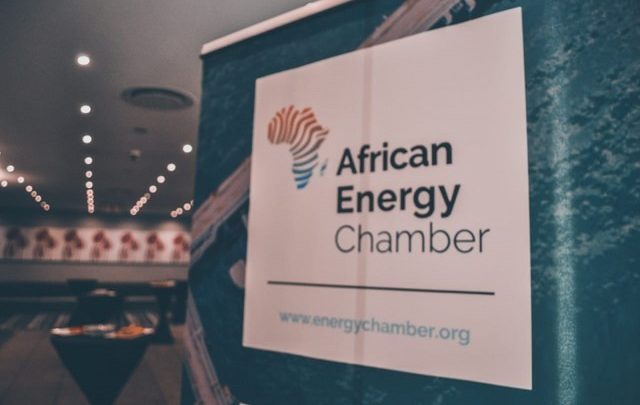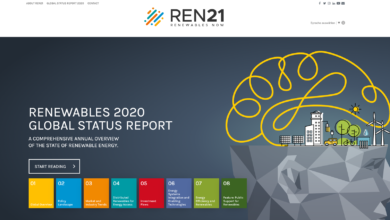
Oil and gas infrastructure is quickly becoming a principal target for terrorists, rogue organizations, hostile state and non-state actors, and criminal enterprises
The African Energy Chamber has called on African governments and oil companies to do more to protect the security of energy infrastructure in Africa.
C. Derek Campbell, CEO, Energy and Natural Resources
Oil and gas infrastructure is quickly becoming a principal target for terrorists, rogue organizations, hostile state and non-state actors, and criminal enterprises. The recent attacks in the Middle East – the drone attack on the Saudi Aramco pipelines and the attacks on oil tankers in the Gulf of Oman – validate a precedent (and unfortunately techniques, tactics, and procedures for those with malicious intent) of using non-complex attack methods to create complex problems for owners/operators of Energy and Natural Resource assets.
The local, regional, and global demand for the energy and natural resource assets owned by African nations is constantly growing
As is the case in the Middle East, Africa is seeing an increase in attacks on critical energy infrastructure and natural resource assets: assaults on a gas processing plant, pipeline vandalism, rebel attacks on oil fields and refineries, and ransomware attacks.
One of the major concerns generated by attacks on Energy and Natural Resource assets is the
catastrophic impact on the supply of energy products and services across Africa. “The local, regional, and global demand for the energy and natural resource assets owned by African nations is constantly growing. Most nations in Africa depend on the availability of supply of their Natural Resource Assets to generate economic value for their respective societies. The same is true for the power supply they generate from their Critical Energy Infrastructure Assets which create off-take opportunities – locally, regionally, and globally”. Said C. Derek Campbell, CEO of Energy & Natural Resource Security, Inc., who served in Operation Iraqi Freedom and Operation Enduring Freedom, with distinction, earning the Bronze Star in Afghanistan. He served as the U.S. Marine & Naval Attaché to Nigeria. “If this availability of supply is attacked and disrupted, secondary and tertiary negative effects will severely impact companies, industries, and nations relying on this supply of energy products and services from African energy and natural resource owners/operators”. Added C. Derek Campbell.
Another major concern generated by attacks on Energy and Natural Resource assets is the impact that these events have on economies that rely on these assets to create revenue. “As with impacts on supply, security threats – physical and cyber – pose an immense danger to all major sectors of the Oil & Gas, Power & Utility, and Natural Resource economic value chain. This is largely due to sector overlap and interdependency. A physical or cyber-attack on an upstream asset can cause operational challenges midstream that can cause financial catastrophes at the downstream end.” The same is true in reverse – a
downstream physical or cyber-attack can disrupt midstream operations and bring upstream activity to a halt for a producer. “The same scenario can be applied to power assets – generation, transmission, and distribution. These types of disruptions can not only negatively impact jobs at the local market level but can also have disastrous impacts on the central banks of African nations who rely on the revenue generated from it’s Critical Energy Infrastructure and Natural Resource assets”. Added C. Derek Campbell.
“African countries and Oil and Gas companies have to mobilize immediately and take the necessary steps to address this problem. The Chamber will continue to support any efforts to ensure stability and security of oil and gas infrastructure – both onshore and offshore. It is in the best interest of business and citizens to see this happen”. Stated NJ Ayuk Chief Executive Officer of Centurion Law Group and Executive Chairman of the African Energy Chamber. Protecting and improving the resilience of energy systems mandates vigilance, contingency planning, and training – ultimately requiring African energy stakeholders to be actively and immediately engaged in the physical and cyber protection of their Critical Energy Infrastructure and Natural Resource Assets.
APO




